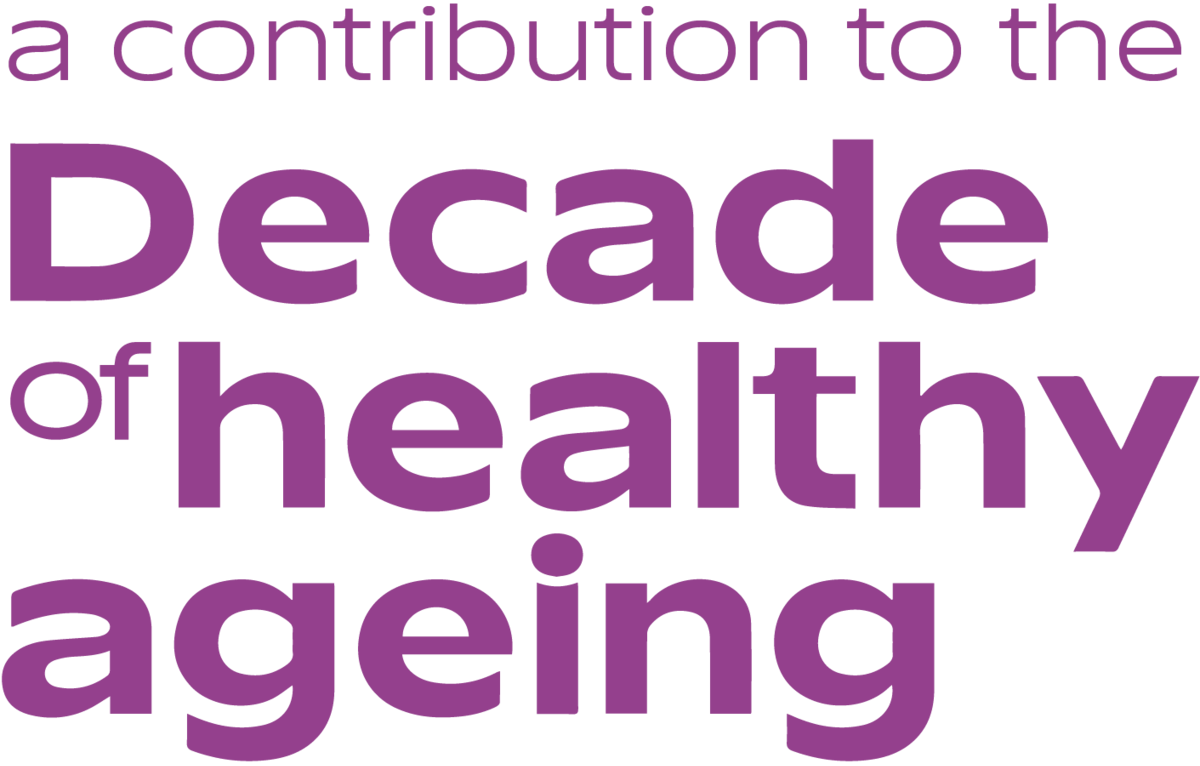Kickstart your conference experience with exclusive Pre-Conference Masterclasses!
Inspiration, Insight, and Action – A day of deep learning before the conference begins.
Kick off your IFA 17th Global Conference on Ageing experience on 9 September 2025 with a powerful day of in-depth Masterclasses designed to elevate your advocacy, research, and community practice. Taking place the day before the official start of the conference, these immersive sessions bring together renowned global experts to share practical strategies, frameworks, and insights that you can apply immediately in your field of work.
Whether you’re driving policy change, building age-inclusive communities, or exploring innovative approaches to brain health, these Masterclasses offer an opportunity to work hands-on with leading thinkers shaping the future of ageing.
Tailor your masterclass experience –
Morning Masterclass: 8:30AM to 11:30AM View pricing details here IFA Member: $90 USD Read less
Afternoon Masterclass: 12:30PM to 3:30PM
IFA Non-Member: $100 USD
LMIC and Delegates from South Africa: $50 USD
Students and Older People: $50
You can register for:
-
Full-day access (both Masterclasses sessions)
-
Morning Masterclass + Age-Friendly Summit
-
Age-Friendly Summit + Afternoon Masterclass
Spaces are limited – secure your spot and deepen your impact!
What to Expect: A closer look at the Masterclasses
Please click on each tab to view detailed information about each session.
The Power to Influence – Actors, Actions, and Approaches
Presenter(s): Julie Byles
Co-presenter(s): Margaret Gillis, Susana Concordo Harding, Silvia Perel-Levin, Joseph Mwangi, David Sinclair
Summary:
Learn how civil society influences policy and practice at every level—from the UN to your local council. This interactive session equips you with tools to assess needs, build communication strategies, and advocate effectively for older persons.
This Masterclass explores how civil society can influence policy and practice related to ageing across global, regional, national, and local levels. The session includes hands-on activities to build skills in navigating decision-making systems, influencing policy, and assessing needs.
Learning objectives:
- To identify different decision-making, governance structures and actors, and their roles in improving the experiences of people as they age.
- To practice skills in communicating across different structures and networks.
- To engage with tools and methods for assessing older people’s needs and to feed into priority setting activities.
Expected outcomes:
Knowledge of governance structures, methods for responding to emerging issues, and confidence in advocating in the interest of older people.
Read the Full Abstract The Power to Influence – Actors, Actions, and Approaches The mission of the ILC Global Alliance (ILC GA) is to help societies address longevity and population ageing in positive and productive ways. Our approach is to consider ageing from individual and population perspectives, taking a whole of life approach. We highlight older people’s productivity and important contributions to family and society. We also strive to protect human rights of older persons, and to promote health and social care and protections for older people. The global alliance members carry out their mission through developing ideas, undertaking research, creating fora for debate and action, and advocating for the interests of older people at local, national and global levels. In this Masterclass, ILC Presidents will share their insights into how they influence policy, perspectives and practices at these different levels. Silvia Perel-Levin and Margaret Gillis will relate the long and winding journey towards a United Nations Convention on the Rights of Older persons and ILC GA’s important role as a Civil Society Organisation in influencing policy at a global level. They will provide insights and skills for operating with the various structures on the UN, including the Human Rights Council and associated mechanisms and committees. At a regional level, Jaco Hoffman will discuss the development and influence of the African Union Policy Framework and Plan of Action on Ageing. At a National level, David Sinclair will discuss how ILC UK aids the UK parliament in considering policies on ageing, as well as ILC UK’s broader influences on ageing across the globe. At a local level, Julie Byles and Susana Harding will discuss respective actions in Singapore and in the Hunter Region of Australia to bring the needs of older persons to the centre of decision making by local governments. The workshop will reflect on the importance of operating on global, regional, national and local levels to advocate for ageing policies that benefit older people and to ensure local actions deliver those benefits. For each level of influence, there will be a brief presentation showcasing ILC GA experience and influence, with deconstruction and discussion of the actors, actions, avenues and approaches that were taken to respond and negotiate emerging issues. Participants will then be encouraged to work through real life examples of current local, national and global issues where Civil Society Organisations could provide positive influence to improve policy and practice for older persons. They will then be guided through possible actions, how to gain support, avenues for communication and advocacy, and mechanisms to monitor the outcomes and impacts of their actions. Learning objectives: Expected outcomes: Knowledge of governance structures, methods for responding to emerging issues, and confidence in advocating in the interest of older people. Read less
Presenter(s): Julie Byles
Co-presenter(s): Margaret Gillis, Susana Concordo Harding, Silvia Perel-Levin, Jaco Hoffman, David Sinclair
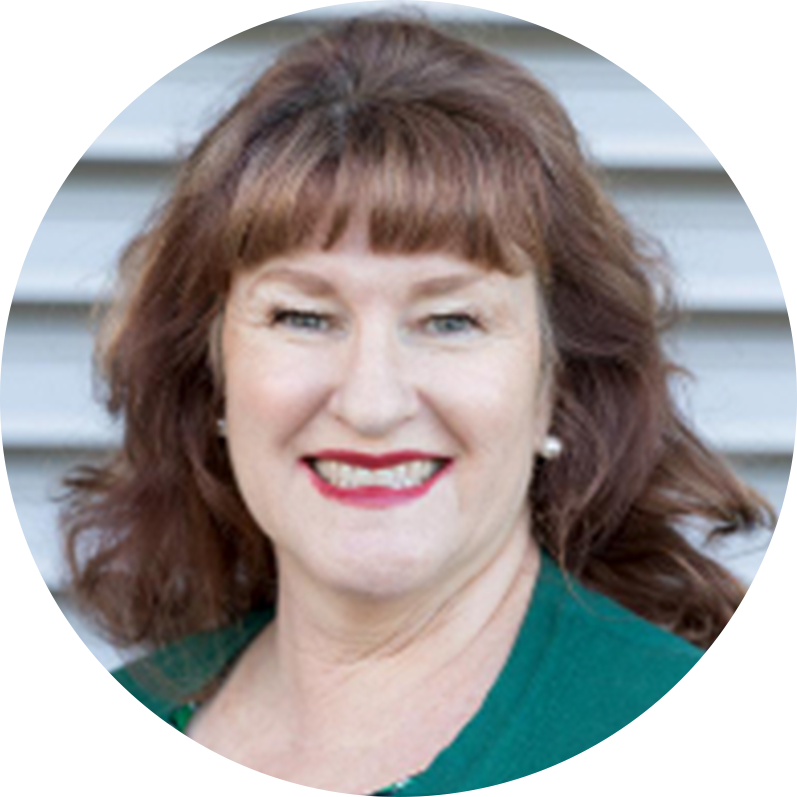 Julie Byles
Julie Byles
Emeritus Professor Julie Byles AO BMed PhD FAAHMS, is an Honorary Professor at the University of Newcastle. Julie has held local, national, and international roles in the International Clinical Epidemiology Network, the International Gerontology and Geriatrics Association, the International Longevity Centres Global Alliance (currently co-President), and has worked with the World Health Organization in various advisory roles. Julie is a Fellow and Life Member of the Australian Association of Gerontology, and was National President from 2011-2013. She is also a Fellow of the Australian Academy of Health and Medical Science.
As a clinical epidemiologist, Julie’s interests are in risk determination, health assessment, other health care evaluation, and measurement of health outcomes. As a Gerontologist her interests in ageing include the role of health and long term care services, preventive activities, and treatments in maintaining quality of life for older people. She is currently serving on the Lancet Commission for Long-term Care.
In her “retirement” Julie wanted to increase her engagement with the local community, so she took on the lead of the Hunter Ageing Alliance. She was named the City of Newcastle’s Senior Citizen of the Year for 2024.
Recent Edited Book Series
- Springer: ByWord Books. Issues in Geriatrics
Series Editors: Balakrishnan (Kichu) R Nair, Elizabeth Cobbs, Julie Byles
https://www.springer.com/series/16863
- Volume 5: What Matters for Healthy Ageing. Julie Byles (Editor)
https://link.springer.com/book/10.1007/978-981-96-0462-3
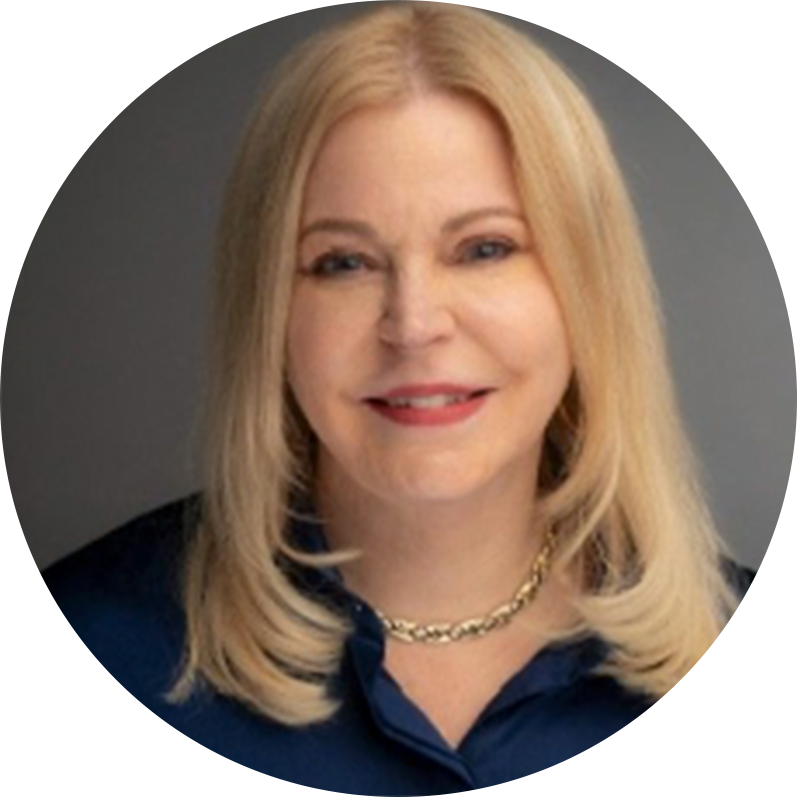 Margaret Gillis
Margaret Gillis
Margaret Gillis is the founding President of the International Longevity Centre Canada, part of a global network of 16 Centers dedicated to advocating for the rights and needs of older people. An award-winning leader, Margaret was instrumental in establishing the Age-friendly Community program, which now spans over 900 Canadian communities and 26 countries. Notably, she led a government-NGO project to protect seniors during disasters, earning an individual award from Her Majesty the Queen.
With extensive experience in human rights, Margaret has represented older people at the UN General Assembly and serves as Chair of the National Advocacy Working Group at the Global Alliance on the Rights of Older People (GAROP) and the Working Group on Mainstreaming Aging at UNECE. A health promotion expert with a focus on aging, women, and children, Margaret is dedicated to advancing the rights of older individuals globally.
Susana Concordo Harding
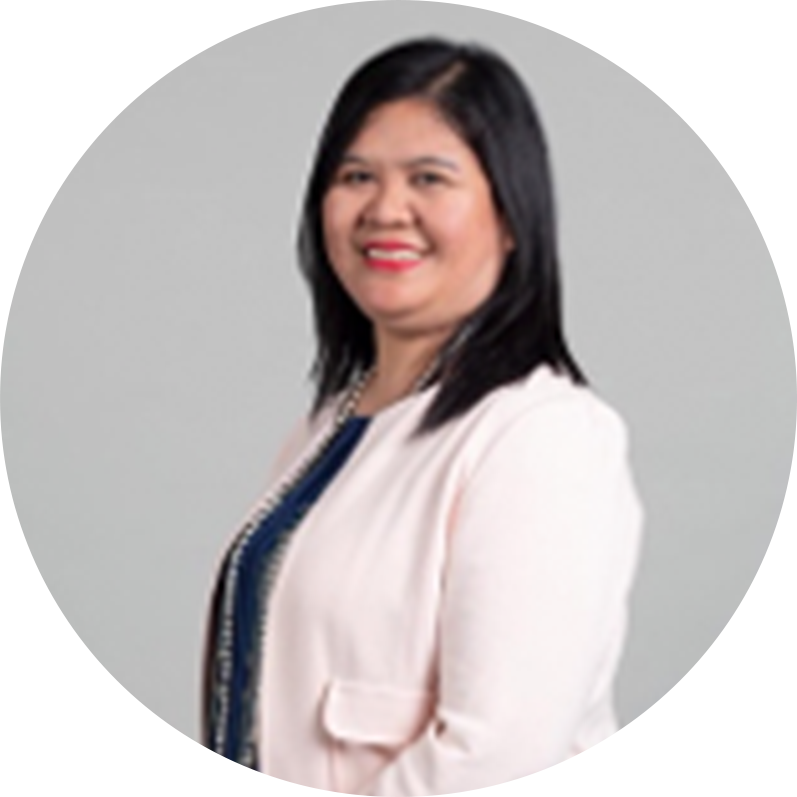 Susana Harding is the Director of the International Longevity Centre
Susana Harding is the Director of the International Longevity Centre
Singapore, an initiative of the Tsao Foundation – a Singapore based but
regionally oriented not-for profit operational foundation dedicated to aged care and ageing issues. Susana provides overall direction and leadership to the foundation’s research and policy advocacy initiatives and she develops new programmes that support active ageing and enhance our elders’ participation in the community.
Susana has been working with the Tsao Foundation for 13 years and prior to this, she had 15 years of experience in community development and non-profit sector. She graduated with a Bachelor of Arts degree in Economics (Cum Laude) from University of Santo Tomas, Philippines and a Master in Public Administration from the Lee Kuan Yew School of Public Policy at the National University of Singapore.
Silvia Perel-Levin
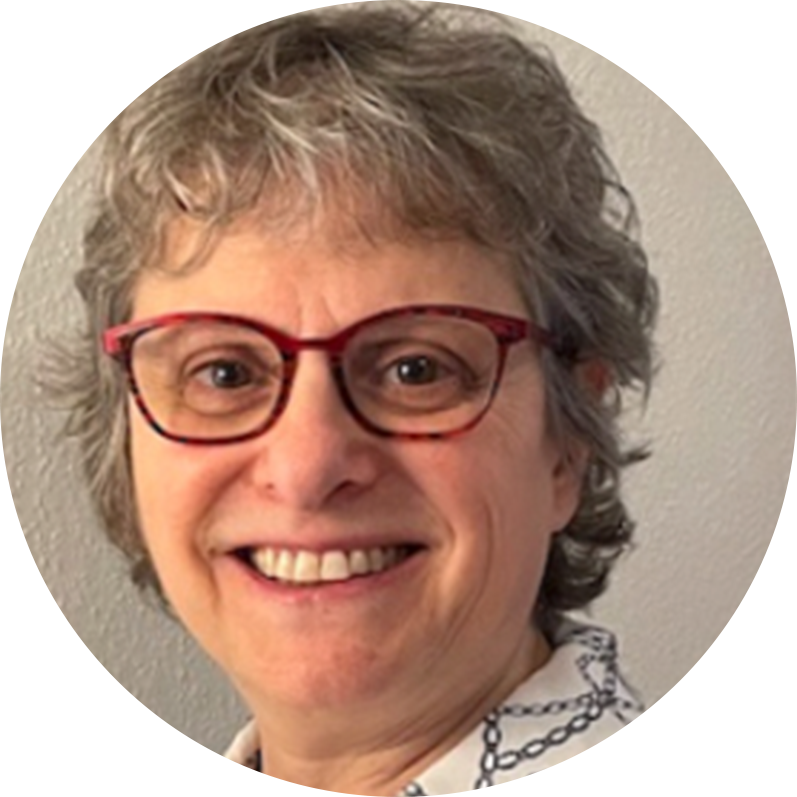 Silvia Perel-Levin is a dedicated advocate for the human rights of older persons and an independent consultant. With 25 years of experience in human rights, ageing, and health, she has worked with international organizations, including the World Health Organization (WHO) and the United Nations Population Fund (UNFPA). Before transitioning to this field, she was a social theatre and television producer.
Silvia Perel-Levin is a dedicated advocate for the human rights of older persons and an independent consultant. With 25 years of experience in human rights, ageing, and health, she has worked with international organizations, including the World Health Organization (WHO) and the United Nations Population Fund (UNFPA). Before transitioning to this field, she was a social theatre and television producer.
At the United Nations in Geneva, Silvia represents the International Network for the Prevention of Elder Abuse (INPEA) and the International Longevity Centre Global Alliance (ILC GA). She is a strong proponent of a UN Convention on the human rights of older persons and has been an active participant in the UN Open-ended Working Group on Ageing in New York and the Human Rights Council in Geneva. Silvia serves as Vice-Chair of the NGO Committee on Ageing in Geneva, Committee she chaired from April 2014 to April 2022. Silvia’s contributions to global advocacy for the human rights and health of older persons have earned her the Rosalie Wolf Award (2023) and the Julia Alvarez Award (2024).
She edited the book “Ageing of the Oppressed: A Pandemic of Intersecting Injustice”, published in September 2023, and chaired the Programme Committee for the Independent Ageing Conference in Aichi, Japan, in October 2023. Currently, Silvia is consulting with WHO on assistive technology and older persons and is president of ILC-Israel.
Born in Argentina, Silvia has lived, studied, and worked in England, Israel, Hungary, and Switzerland. She holds a B.A. in Social and Educational Theatre from Tel Aviv University and an M.Sc. in Inter-Professional Practice from the Institute of Health Sciences at City, University of London.
David Sinclair
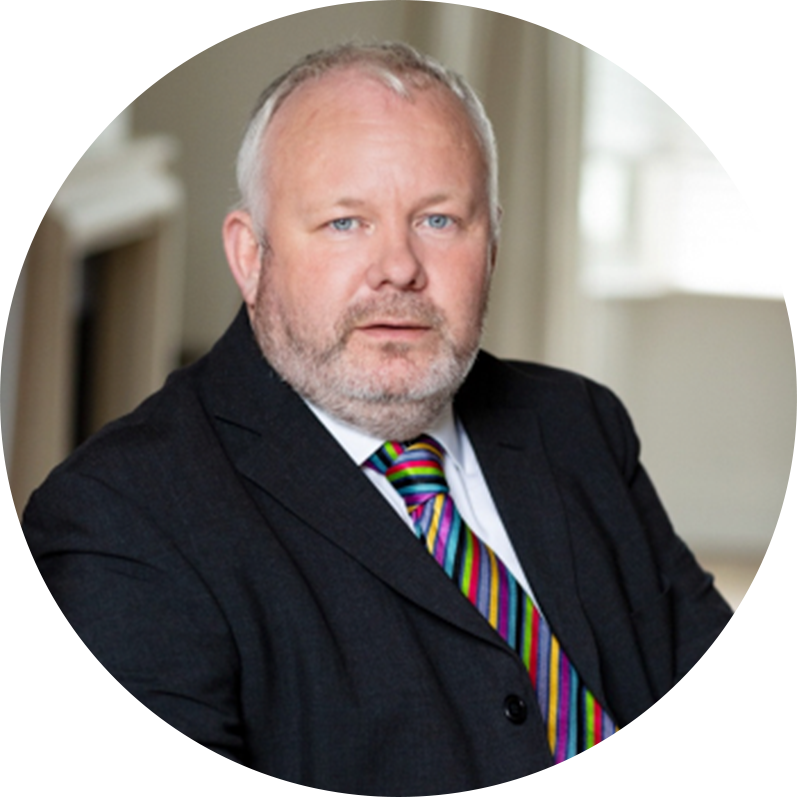 David has worked in policy and research on ageing and demographic change for 20 years.
David has worked in policy and research on ageing and demographic change for 20 years.
David has a particular interest in older consumers, active ageing, financial services, adult vaccination, and the role of technology in an ageing society. He has a strong knowledge of UK and global ageing society issues, from healthcare to pensions and housing to transport.
David has presented on longevity and demographic change across the world (from Seoul to Singapore and Sydney to Stormont). And he has published reports on a range of topics including transport, technology, health and consumption.
David is an International Advisor for the Sau Po Centre on Ageing at Hong Kong University and a member of the External Advisory board for the University of Surrey Centre of Excellence on Ageing.
David has worked as an expert for the pan-European Age Platform for 15 years and is the former Vice-Chair of the Government’s Consumer Expert Group for Digital Switchover. For ten years he chaired a London based charity (Open Age) which enables older people to sustain their physical and mental fitness, maintain active lifestyles and develop new and stimulating interests.
Prior to joining the ILC, David worked as Head of Policy at Help the Aged where he led a team of 8 policy advisors. David has also worked for environmental and disability organisations in policy and public affairs functions. His other experience includes working as a VSO volunteer in Romania, in Parliament for a Member of Parliament, and with backbench committees.
Joseph Mwangi
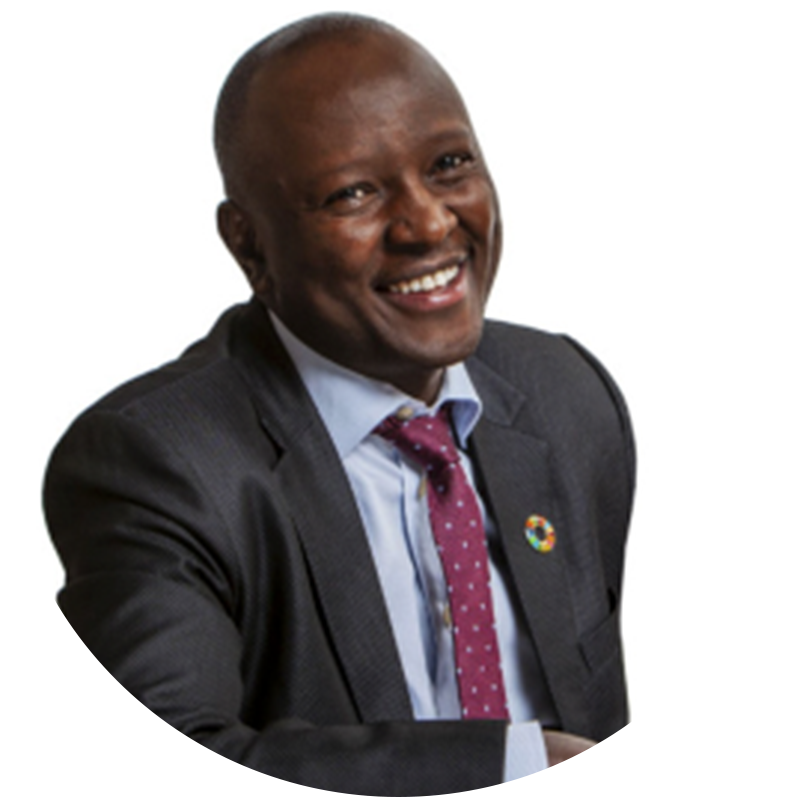 Dr. Kibachio J Mwangi is currently the Medical Advisor for Non Communicable Diseases and Mental Health at the World Health Organization (WHO) South African country office in Pretoria. He is also the cluster lead for the UHC-Communicable and Non Communicable Diseases cluster at the WHO country office in Pretoria.
Dr. Kibachio J Mwangi is currently the Medical Advisor for Non Communicable Diseases and Mental Health at the World Health Organization (WHO) South African country office in Pretoria. He is also the cluster lead for the UHC-Communicable and Non Communicable Diseases cluster at the WHO country office in Pretoria.
He a former Head of the Department of Strategic National Public Health Programs in Kenya Which housed the National AIDS and STI Control Program, The National Vaccine and program, TB program and the National Malaria Program and representing the Kenyan – MOH in the country coordination mechanism for the Global Fund.
He also headed the Division of Non Communicable Diseases in the Ministry of Health in Kenya helping to reframe the NCD policy response for the SDGs.
Dr. Kibachio Mwangi is a medical doctor with vast public health expertise. He has specialty in global health and in NCD epidemiology, programming and policy issues in resource limited settings. He is part of the WHO global coordination mechanism expert Working Group on the inclusion of NCDs into other public health programs and an ardent supporter and pundit on integrating NCDs and whole of government approaches.
A PhD holder in Global Health from the University of Geneva; He has training in Global Health Diplomacy from the Graduate Institute Geneva and is an adjunct lecturer of public health at Kenyatta and Moi Universities schools of public health in Kenya.
He was the focal person for the Kenya National Public Health Institute that is a coordination mechanism for core public health functions and is the convener of the Inter-sectoral coordinating committee for NCDs and public health governance
Dr. Kibachio has represented Kenya at numerous World Health Assemblies and at the United Nation General Assembly deliberations including for the deliberations and launch of the Sustainable Development Goals, COP 6 and 7 of the WHO framework convention on tobacco control FCTC. Dr. Kibachio was awarded the 2018 UN Interagency Task Force on NCD award in recognition for making an outstanding contribution to NCD prevention and control and NCD related Sustainable Development Goals (SDGs)
He is a Fellow of the Royal society of Public Health.
- Afternoon Session - Brain Health and Cultural Enrichment: A Dialogue on the African Experience
- About the Speakers
Brain Health and Cultural Enrichment: A Dialogue on the African Experience
Presenter(s): Rayne Stroebel
Co-presenter(s): Kirti Ranchod
Summary:
This Masterclass explores the connection between brain health and cultural engagement, particularly within African contexts. Through the lens of neurology and gerontology, the session highlights how traditional and contemporary African cultural practices, such as art, can support cognitive function, emotional well-being, and healthy ageing.
Key themes:
- The impact of art on cognitive and emotional skills
- How cultural resources support healthy ageing
- Navigating diverse cultural knowledge systems
- Research and policy pathways
Read the Full Abstract Brain Health and Cultural Enrichment: A Dialogue on the African Experience In this masterclass, Dr. Kirti Ranchod and Dr. Rayne Stroebel engage in a profound conversation exploring the intricate relationship between brain health and cultural enrichment within the African context. Drawing on their research and experience, they explore cognitive well-being, healthy ageing and the role of cultural heritage in supporting brain health. Neurologist Dr Ranchod shares insights on the neurological impacts of cultural activities, while gerontologist Dr Stroebel discusses the implications for ageing populations. Together, they examine how traditional African art forms and contemporary cultural expressions contribute to cognitive vitality and emotional well-being. This masterclass offers a comprehensive understanding of the symbiotic relationship between culture and brain health, providing valuable resources for healthy ageing strategies in Africa and globally. Themes to be discussed: Outcomes Read less
Presenter(s): Rayne Stroebel
Co-presenter(s): Kirti Ranchod
Rayne Stroebel,
Extraordinary Professor at NWU (Optentia Research Unit); CEO, GERATEC; International Longevity Centre South Africa
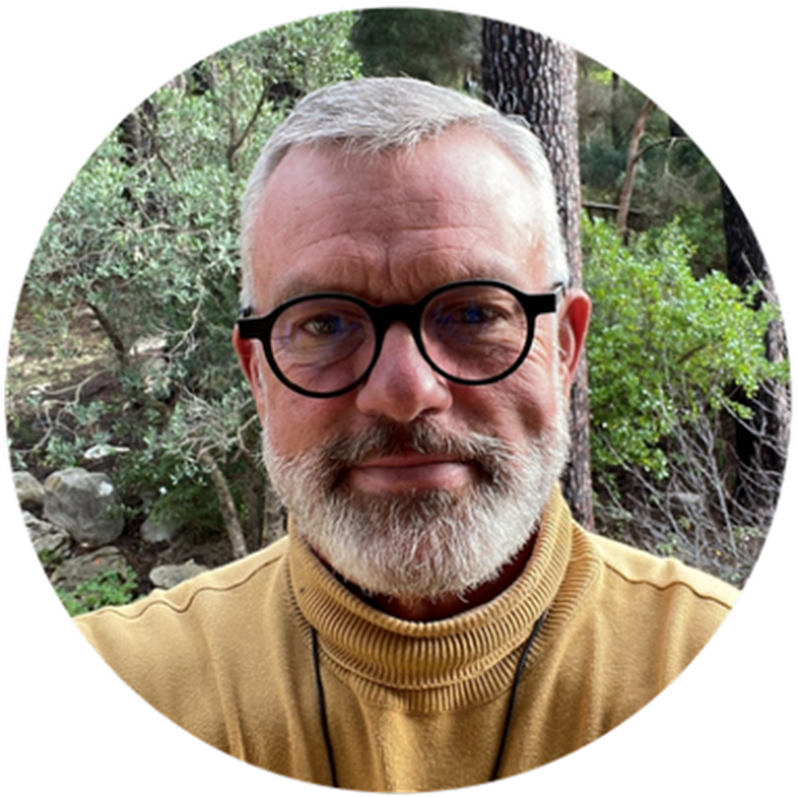 Dr Rayne Stroebel is a pioneering voice in the field of ageing, with a career rooted in personal experience and a profound dedication to enhancing the lives of older adults. His journey began as a young boy in Heidelberg, where he observed his mother’s compassionate transformation of a local care home, filling it with laughter, fresh flowers, and the warmth of home-cooked meals. This early exposure ignited his lifelong commitment to creating a life worth living for older people. Pursuing his passion academically, Rayne earned an MSc and later a PhD in Dementia Studies, equipping him with the expertise to impact both individuals and institutions. In 1996, he founded GERATEC to support elder care services in South Africa, guided by values of integrity, respect, compassion, and innovation.
Dr Rayne Stroebel is a pioneering voice in the field of ageing, with a career rooted in personal experience and a profound dedication to enhancing the lives of older adults. His journey began as a young boy in Heidelberg, where he observed his mother’s compassionate transformation of a local care home, filling it with laughter, fresh flowers, and the warmth of home-cooked meals. This early exposure ignited his lifelong commitment to creating a life worth living for older people. Pursuing his passion academically, Rayne earned an MSc and later a PhD in Dementia Studies, equipping him with the expertise to impact both individuals and institutions. In 1996, he founded GERATEC to support elder care services in South Africa, guided by values of integrity, respect, compassion, and innovation.
As the South African Regional Coordinator for The Eden Alternative, Rayne fosters transformative approaches to elder care, championing environments that promote dignity, autonomy, and community. He has trained over 3,000 caregivers, spoken at international conferences, and inspired care models emphasising the well-being of those living with dementia and their families. A respected thought leader and educator, he serves as an executive member of the International Longevity Centre of South Africa and continues to consult with care providers, families, and organisations, shaping a more compassionate narrative of ageing worldwide.
Kirti Ranchod
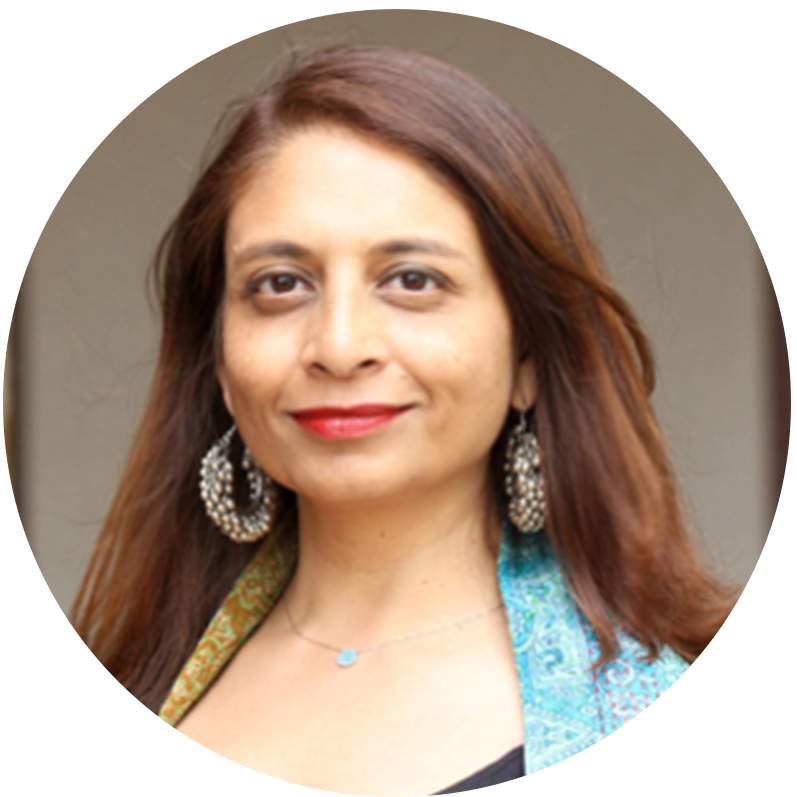 Prof. Kirti Ranchod is a neurologist, founder of Memorability, co-founder and chair of the African Brain Health Network, and Global Atlantic Fellow for Equity in Brain Health. Dr. Kirti founded Memorability to make brain health tools accessible, practical, and effective and offers courses, masterclasses, customized solutions, and consulting. Her approach combines neuroscience and brain skills training to optimize brain performance and potentially reduce the risk of certain illnesses. She has conducted numerous workshops and talks to support brain health.
Prof. Kirti Ranchod is a neurologist, founder of Memorability, co-founder and chair of the African Brain Health Network, and Global Atlantic Fellow for Equity in Brain Health. Dr. Kirti founded Memorability to make brain health tools accessible, practical, and effective and offers courses, masterclasses, customized solutions, and consulting. Her approach combines neuroscience and brain skills training to optimize brain performance and potentially reduce the risk of certain illnesses. She has conducted numerous workshops and talks to support brain health.
Her work has been featured on TEDx Johannesburg Brain Health Matters (Connecting Cultural Wealth with Better Brain Health), 702, the Daily Maverick and Business Day. Publications include Sleep and Brain Health, Chronic Stress: Neuroscience and practical coping strategies, Dementia in Africa, and 7 Steps for Igniting the Brain Capital Industrial Strategy.
Her work includes the value of our cultural capital to support brain health and she has an interest in the field of neuroaesthetics. Kirti hosts a regular mental wellness walkabout @Origins Centre Wits. Topics have included music, art, mindfulness, ecosystems for health, nature, understanding dementia, silence, nutrition, improving brain performance, grief & healing, and more. She also hosts the Brain Health Perspectives series of webinars in partnership with the University of Witwatersrand. She has co-organized, with the Atlantic Institute, a Brain Health Perspectives convening in Johannesburg that centred Pan-African voices in the global vision to support brain health.
Other Pre-Conference Events
In addition to Masterclasses, conference attendees are invited to explore Other Pre-Conference Events that offer unique opportunities to dive deeper into key themes.
* Designed to be flexible, participants can choose to attend the full-day Summit or mix and match with Masterclasses to suit their interests and schedule.
Thrive in Place: A Collaborative Age-Friendly Communities Summit
The Age-friendly Environments (AFE) Summit is a pivotal gathering of global leaders, community advocates, policymakers, and researchers united by one vision: To create spaces where people of all ages can live with dignity, purpose, and connection.
Taking place on September 9, 2025, as part of the IFA 17th Global Conference on Ageing, this one-day event provides a unique platform to exchange ideas, learn from real-world experiences, and strengthen global collaboration in the movement toward age-friendly communities.
Whether you’re a policymaker, urban planner, researcher, or advocate, the AFE Summit offers valuable insights and connections to help advance your work and empower your community.
Please note that registration for the conference is not required to attend this summit.
Why attend?
- Engage with global experts redefining ageing in our cities and communities
- Discover age-friendly practices that work—from policy to grassroots innovation
- Build meaningful connections with changemakers across sectors
- Gain real tools to inspire and implement change in your own community
- Take home actionable insights and tools to implement in your own community or organization
Who should attend?
- City planners
- Public health professionals
- Non-profits and community organizers
- Researchers and academics
- Government officials and policymakers
- Older adults and advocates
Let’s build environments that don’t just support ageing but celebrate it!
Find out more about the Age-Friendly Summit here.
For those looking to further enrich their conference experience, Discovery Day on 8 September offers a unique opportunity to take part in immersive site visits across Cape Town. These guided tours highlight innovative initiatives and community programs that exemplify the themes of the conference in action.
Please note that Discovery Day is separate from the pre-conference events taking place on 9 September, and requires separate registration and payment.
Find our more about the Discovery day here.


